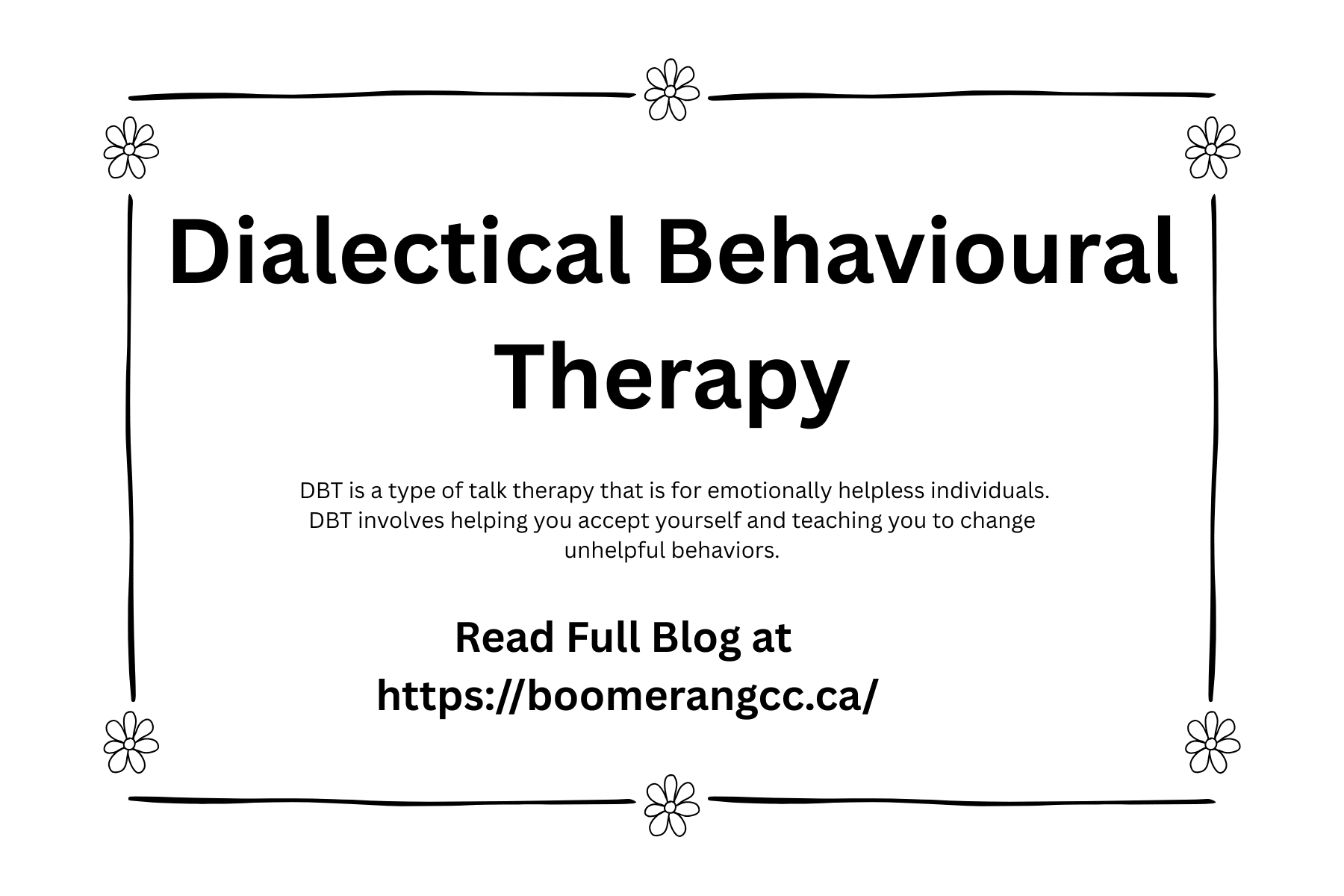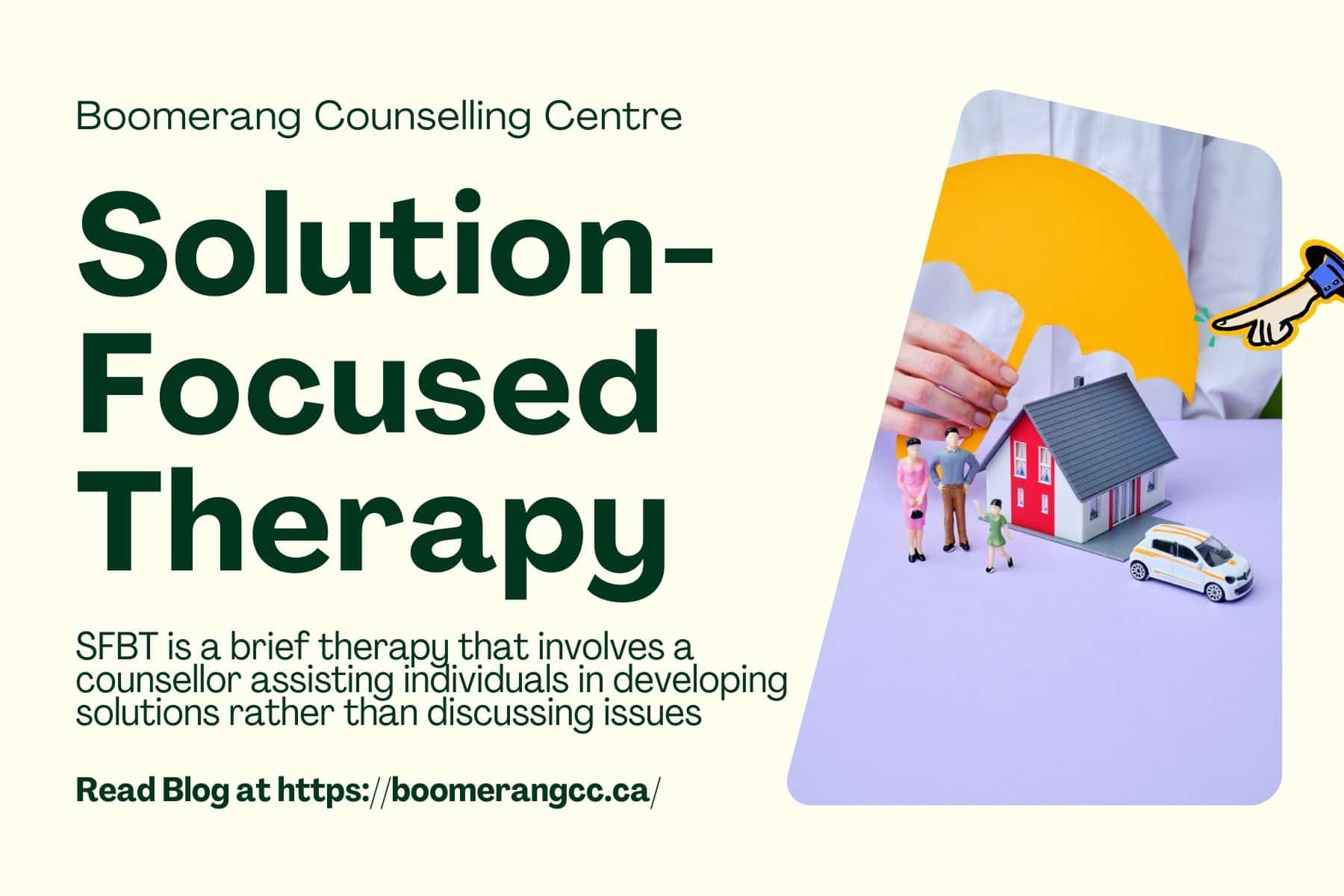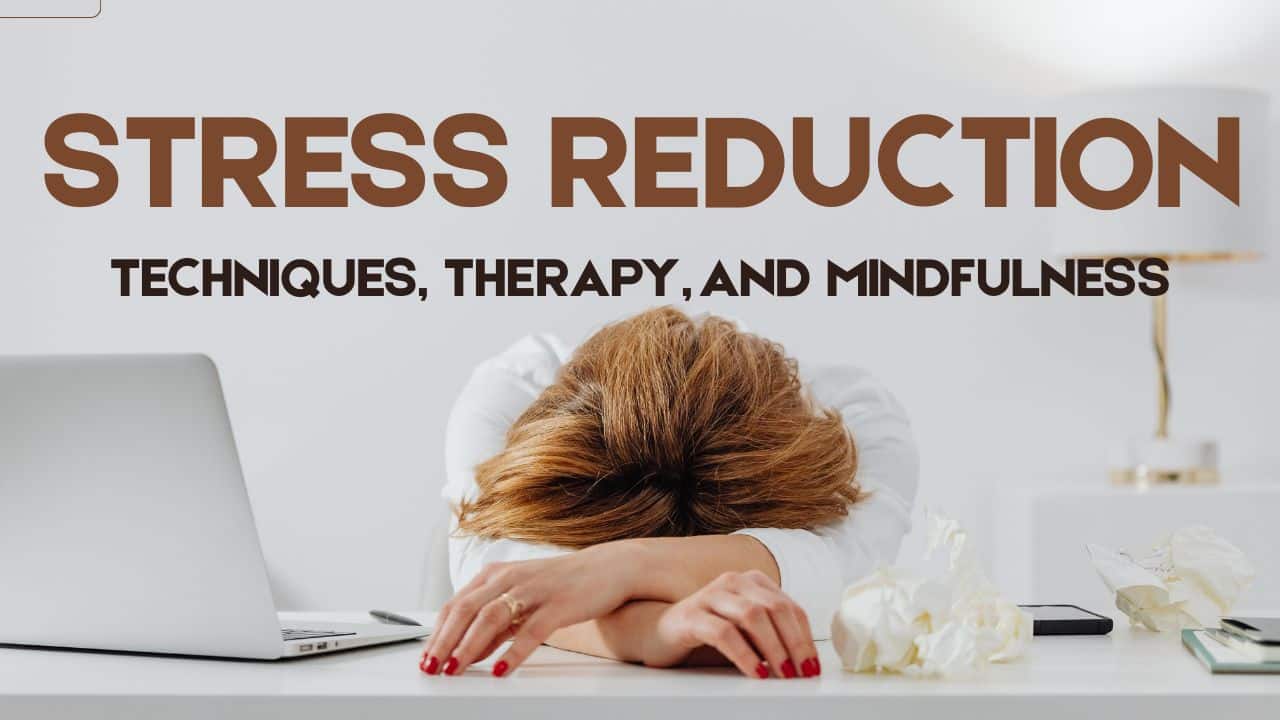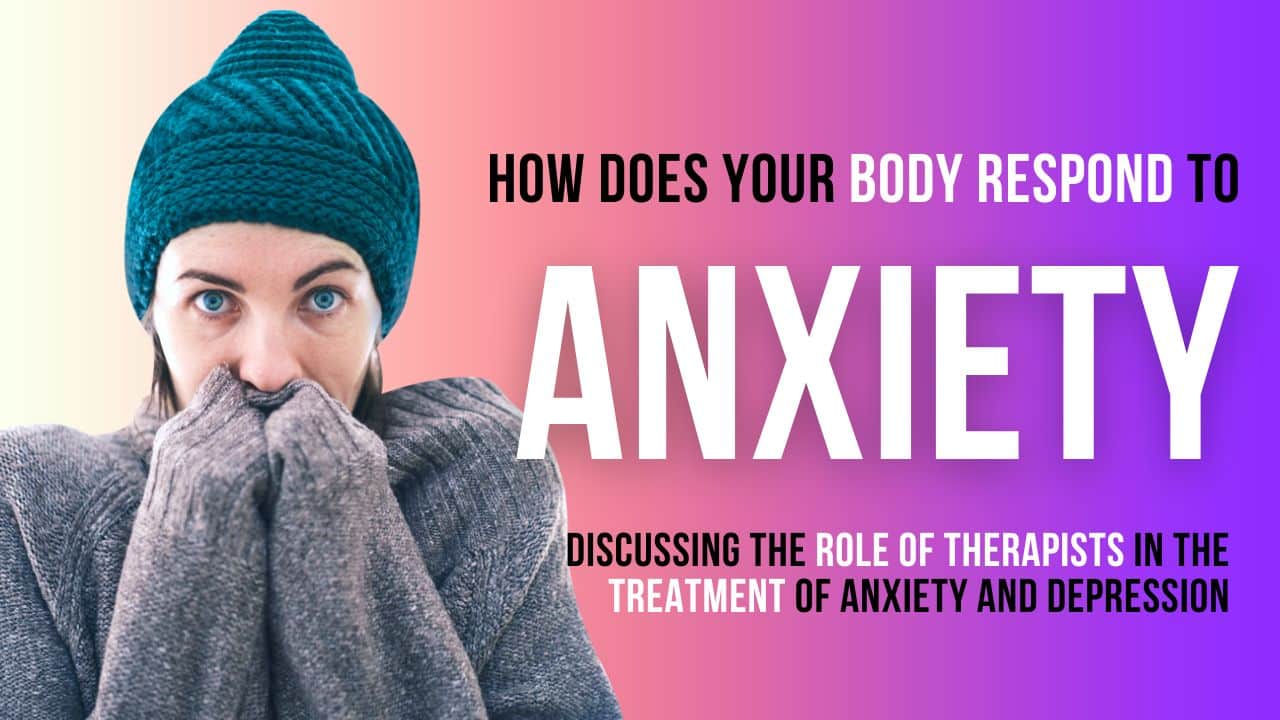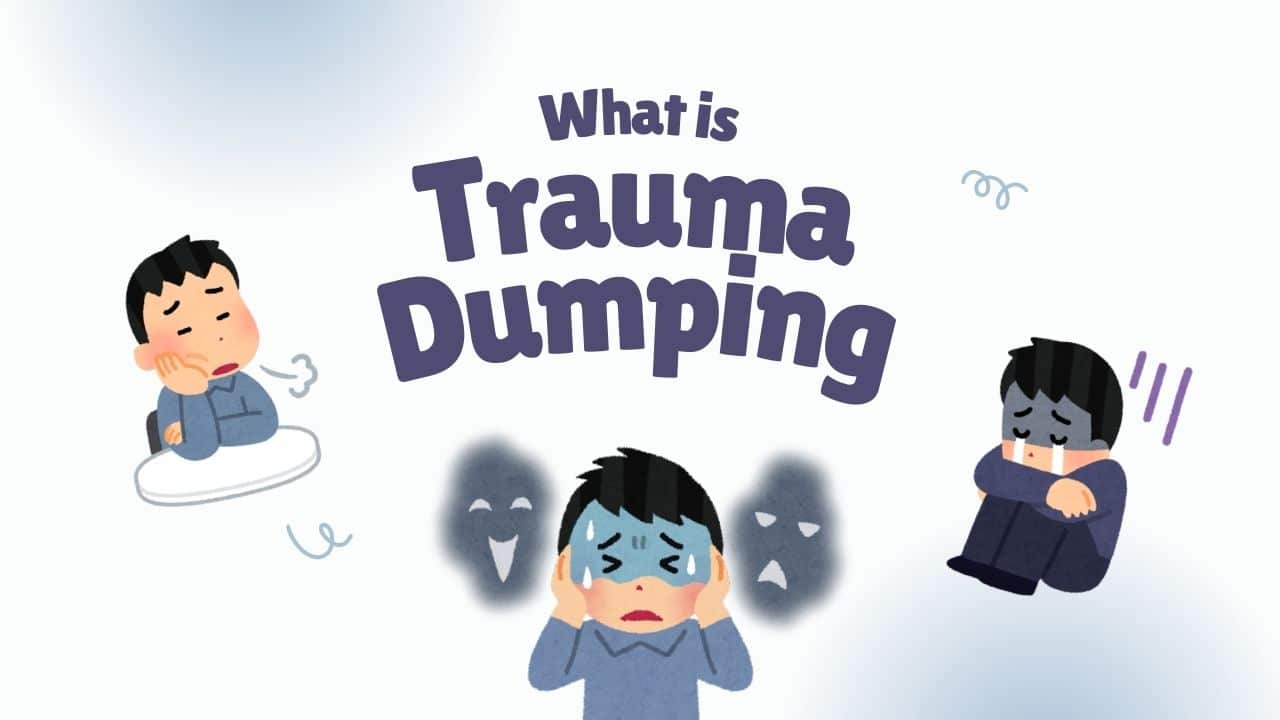Sleep deprivation and anxiety are closely related. Adults and older individuals commonly report poor sleep quality and insufficient sleep. More than one-tenth of children and youth (5 to 17 years) and one-quarter of adults in Canada aged 18 to 79 have reported sleep difficulties. They experience difficulty falling asleep or staying asleep for the night.
Researchers suggest that sleep deprivation is linked with adverse physical and psychological outcomes. It can affect your health, causing changes in appetite and potentially leading to obesity and cardiovascular diseases. Lack of sleep is associated with increased risk of depression and anxiety throughout the lifespan.
When people feel anxious, they can experience nervousness, restlessness, a fear of the unknown, a rapid heartbeat and breathing, gastrointestinal distress, and fatigue.
Link between Sleep Deprivation and Anxiety
Poor sleep can worsen anxiety symptoms because it affects your emotional regulation. People often experience fatigue, feel helpless, and become irritable due to insufficient sleep. These issues can fuel your anxiety. The connection between lack of sleep and anxiety is not unscientific; in fact, various factors play a role.

The Role of the Brain in Regulating Sleep Cycles
Your brain plays a significant role in regulating your sleep cycles and anxiety. Your prefrontal cortex and amygdala are involved in sleep regulation. If any abnormalities occur in sleep, it can increase your anxiety.
Neurotransmitters like gamma-aminobutyric acid (GABA) and serotonin influence sleep and anxiety. People who experience anxiety have imbalances in these neurotransmitters, which lead to difficulties in sleep and also increase anxiety. If you’re anxious, it can also disrupt your body’s internal clock, leading to sleep deprivation.
What Causes Sleep Deprivation
People often find themselves unable to sleep due to racing thoughts, which can result in multiple nighttime awakenings. Hormonal changes, such as elevated cortisol levels (a stress hormone), can disrupt your sleep patterns and the quality of your sleep. Eventually, you may experience heightened arousal, muscle tension, and poor concentration.
What Happens When You Don’t Get Enough Sleep
When you don’t get enough sleep, it can increase the risk of mental health disorders. Insomnia can contribute to the onset of worsened health issues like anxiety and even suicidal ideation. The relationship between lack of sleep and anxiety is not a one-way street, as chronic sleep deprivation affects your cognitive systems. It can affect your memory, decision-making, and concentration.
Later, it becomes a feedback loop where you have difficulty performing daily activities due to anxiety, and it leads to more disturbance in sleep.
Why is it Essential to Get Enough Sleep?
When you don’t get enough sleep, your body releases more cortisol (a stress hormone). It can lead to health issues, including digestive problems and frequent headaches. When your nervous system is more activated, it becomes difficult to sleep.
How Sleep and Anxiety are Interrelated?
The relationship between sleep deprivation and anxiety is often discussed in terms of an adaptive stress response. Researchers suggest that the locus coeruleus-autonomic system and corticotropin-releasing hormone have a significant role in arousal response to stress.
These systems are vulnerable to prolonged anxiety when you might experience heightened arousal, making it a challenge to relax your muscles and fall asleep. The mind races with worries, a sense of impending doom, and intrusive thoughts, and all of these affect your body’s natural ability to sleep.
Anxiety can cause physical symptoms like muscle tension and increased heart rate, which also hinders restful sleep. Nightmares due to anxiety and the body’s fight-or-flight response can contribute to poor sleep quality. When you are constantly in a state of alertness, it can soon create a vicious cycle where you begin to anticipate the inability to sleep.
How to Sleep with Anxiety
Don’t worry! There is always calm after the storm. There are ways to improve your sleep quality, and it is essential to address sleep-related issues. When you start to sleep well, it can significantly reduce anxiety and improve well-being.
Consider the following tips to improve your sleep while feeling anxious.
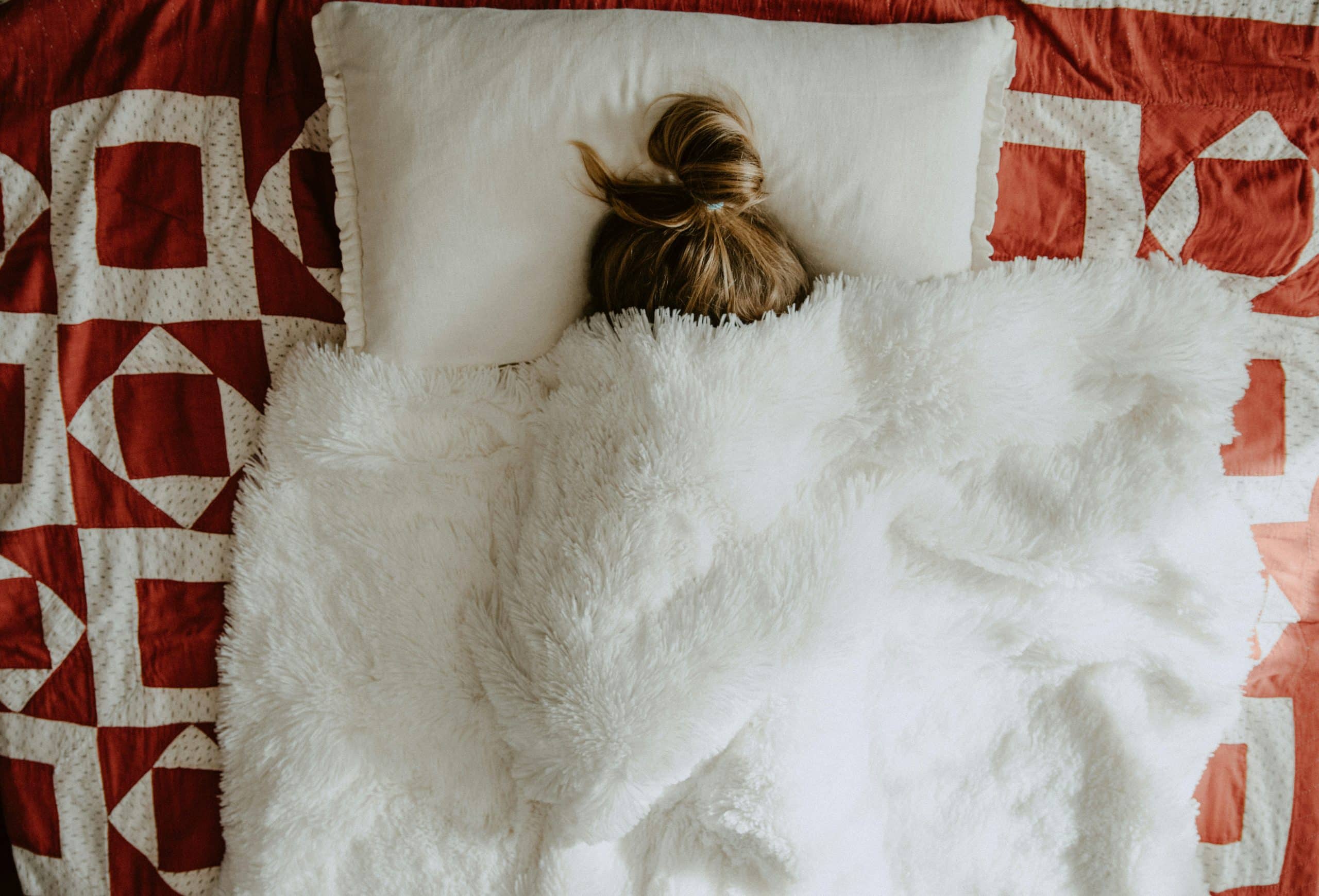
1. Establish a Routine Before Sleep
Establish a consistent wake-up and bedtime routine every day. Try to get 7-10 hours of sleep each night—practice relaxation exercises, such as taking a warm bath or reading a book before bed.
2. Sleep-Friendly Environment
Create an environment in your bedroom that is calm, with dim lights (or darkness), and a quiet room where no sudden sound disturbances can be heard. Use fans that don’t make noise. Make sure your pillows and bedding are comfortable. Your room should not be too hot or too cold, which makes it uncomfortable to sleep throughout the night.
3. Physical Activity
Make sure to exercise and move your body during the day. It improves your physical and mental health by releasing endorphins. Yoga can also help you reduce stress and anxiety. Develop a routine to exercise in the morning or afternoon.
4. Limit the Use of Items that Delay Sleep
For some people, a significant factor affecting their sleep is certain activities that keep them worried and lead to a lack of sleep. For instance, using your screen for long hours before bed or binge-watching shows can affect your sleep.
5. Lifestyle Changes
Additionally, the following lifestyle changes can help reduce anxiety and improve your sleep quality.
- Avoid drinking alcohol or fluids before bed
- Avoid caffeine in the late afternoon
- Do relaxing activities, like deep breathing, meditation, or listening to something that calms you
- Avoid watching television or working while lying in your bed; only use it for sleeping
- Keep away from electronic devices for an hour (minimum) before bedtime
- Try not to eat right before going to bed, or if you’re too hungry, take a light, healthy snack
You Can Also Read About: Supporting Teenagers with Anxiety
Seek Psychological Help
Sometimes your sleep deprivation and anxiety could have become chronic, and you can’t manage the situation. When you can’t find a solution to your sleep deprivation, and routine activities have become a hassle, it is time to go for professional help.
Psychological therapies like cognitive behavioural therapies are effective in the management of sleep deprivation and anxiety. It helps individuals to identify and challenge negative thought patterns, which contribute to anxiety.
Then, structured sessions can help them develop healthier coping strategies and learn to reframe their behaviors and thoughts.
In addition, mindfulness and relaxation techniques can encourage you to focus on the present moment, and they can lower the racing thoughts that accompany anxiety. Guided imagery promotes a sense of calmness and prepares the body for good-quality sleep.
You can keep a daily log of your sleep habits and discuss these with your psychologist. It will become easier to identify the circumstances that lead to your difficulties with sleep and anxiety.

